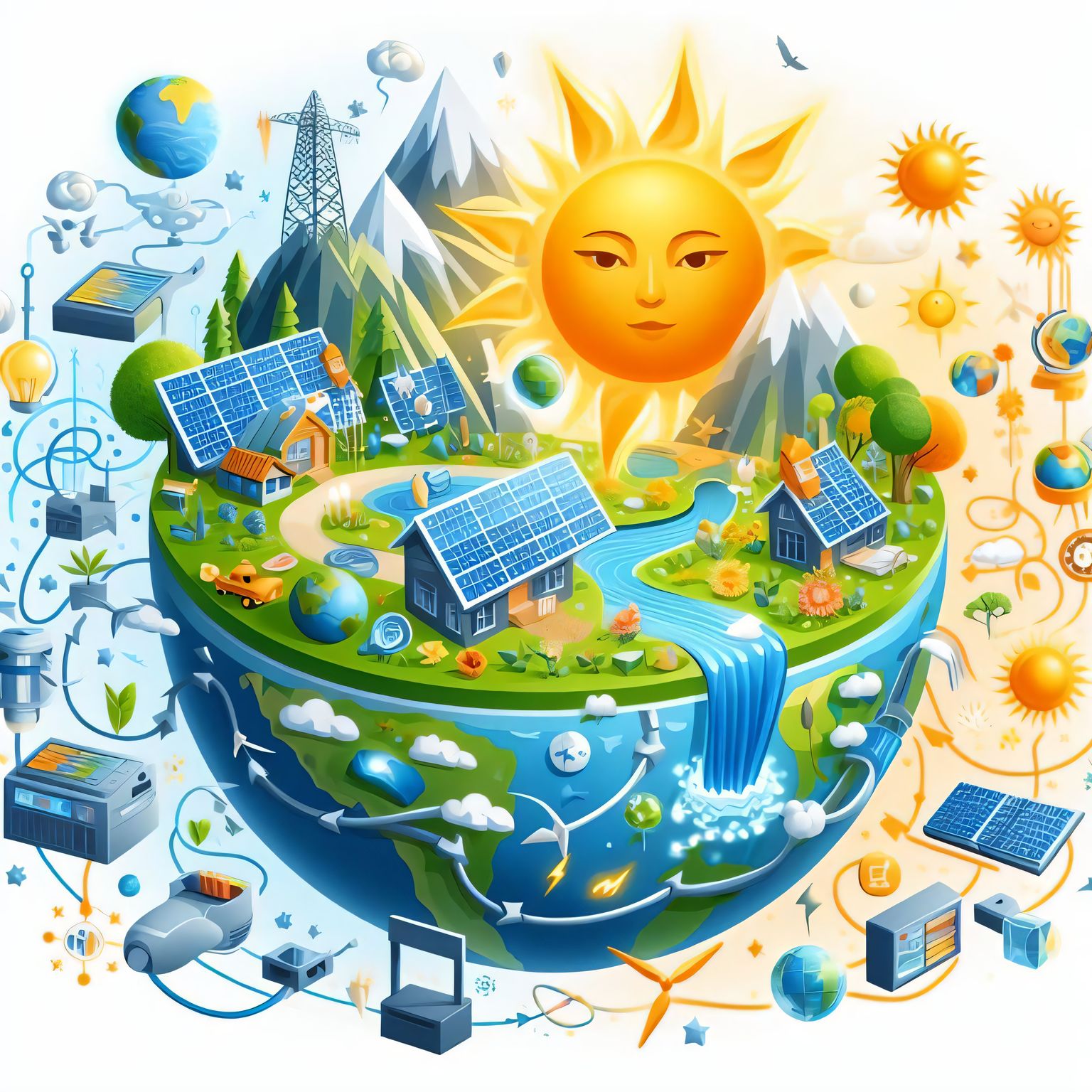How much power does charging your phone require daily? What’s your best estimate on energy used each day? Most teenagers today would struggle to accurately answer these basic questions on everyday energy technologies and consumption. A recent study on youth energy literacy published in the European Journal of Sustainable Development has revealed teens possess alarmingly low knowledge here – most cannot correctly answer even fundamental questions on energy.
The Concerting Results of an Energy Literacy Study
This research, led by Dr. Uros Breskvar, was conducted on 344 students aged 14-18 years across three secondary schools in Slovenia. Participants completed a 10-question energy quiz covering everyday topics like cost of electricity, car fuel efficiency, the energy in food production, and more. Shockingly, the average score was just 30% – meaning most teens could only answer 3 out of 10 questions correctly. Out of 344 students, only a single student managed to answer more than 5 questions correctly.
Just a 30% accuracy rate on fundamental energy issues facing society today indicates a dire lack of practical energy knowledge among youth. As lead researcher Dr. Breskvar emphasizes, establishing widespread energy literacy is essential for enabling sustainable future outcomes.
Why Energy Literacy Matters
With exponential climate change and population growth already underway, informed energy and consumption choices will be essential moving forward. As Dr. Breskvar suggests, understanding key principles around energy efficiency, renewable power, and responsible consumption is vital for global sustainability efforts.
Cultivating an informed and engaged next generation who make conscious, ethical energy decisions will only grow more crucial over teens’ lifetimes. Establishing core energy skills early through education can empower youth to drive positive progress.
Where Current Education Falls Short
Unfortunately, today’s school curricula fail to offer comprehensive environmental education and practical energy literacy. While academics have merits for college and career readiness, most graduates still lack usable understanding of real-world energy use. Teens can memorize advanced formulas, but few have working knowledge of how their basic everyday lifestyle choices and actions truly impact various highly limited resources.
For instance, teens can recite equations around acceleration – but few realize that even seemingly mundane activities, from charging smartphones to wearing cotton t-shirts, require provision of finite inputs like fuel, electricity and water. Nor do most teens possess skills for quantifying relative scales of consumption, assessing efficiency, or minimizing their environmental footprint around energy.
The Life Impacts of Energy Illiteracy
Crucially, today’s clueless youth become tomorrow’s adult energy consumers. Lacking meaningful energy literacy translates into ill-informed, sub-optimal, and irresponsible energy decisions over a lifetime. From choices around vehicles, appliances, electronics, travel modes, and home systems to political votes on infrastructure and regulations, ignorance severely limits teens’ ability to contribute positively.
Take the growing shift from gasoline to electric vehicles (EVs) in transportation. As nations set aggressive emissions targets, EVs will transform markets. But without grasping key concepts like efficiency and mileages, how can teens possibly navigate purchase and usage choices? We must equip youth with education for wise decisions.
Overcoming Energy Misconceptions
Revealingly, over half of students wrongly believed lighting accounts for over 15% of household energy bills. In reality, lighting comprises less than 2% of home usage, with major consumption from heating, hot water, and appliance systems. Still most families fixate on lecturing kids to flip light switches with little real impact. No wonder many teens tune out broader discussions around sustainability and energy.
Correcting such misconceptions with practical, numerically-grounded education can empower impactful energy actions over lifestyle and purchases. We must move beyond stale platitudes urging vaguely to “save energy”. Teaching applied energy literacy – including around peak usage across lighting, appliances, transportation and embodied costs in goods – can motivate informed conservation.
Teaching Crucial Energy Skills
Energy consultants like Dr. Breskvar strongly advocate incorporating comprehensive environmental education teaching core energy skills into school systems globally. Beyond rote memorization, students need usable energy knowledge connected to daily life, from calculating miles per gallon to understanding household systems.
Grounding education in practical numeracy and energy analysis provides the missing building blocks youth require for informed adulthood. Standardizing such curricula can equip graduates as empowered energy decision-makers regardless of academic or career tracks.
Leveraging Climate Concern
International Energy Agency surveys reveal that despite energy ignorance, Generation Z youth demonstrate high levels of climate change awareness and concern today. Educational efforts must leverage youth anxiety into impact by closing worrying gaps in energy literacy. Tying concepts back to urgent real-world problems like emissions can motivate retention and responsible choices.
Preserving Our Planet’s Future
With finite global resources, sustainable development relies upon each generation’s energy decisions – making comprehensive literacy vital for our planet’s preservation long-term. As digital-native Gen Z soon inherits adulthood, systemic weaknesses around environment, civics and energy education leave them unprepared to manage scarce inputs wisely.
By standardized education today around applied energy numeracy and literacy tied to practical real-world skills, we can yet progress meaningfully. But we must urgently prioritize actionable, broad-based learning for world benefit.
The Time to Act is Now
In sum, today’s concerning lack of teens’ energy knowledge requires immediate intervention. Incorporating fundamental, numerically-grounded energy education across secondary curricula can empower youth for informed conservation and decisions amid climate change. Equipping teens with applied skills now enables more responsible energy actions over their lifetime as consumers and citizens, helping preserve resources for sustainable future development. By moving rapidly, we can make progress – but the window is narrow, so bold measures merit consideration. Our collective future depends upon education.



